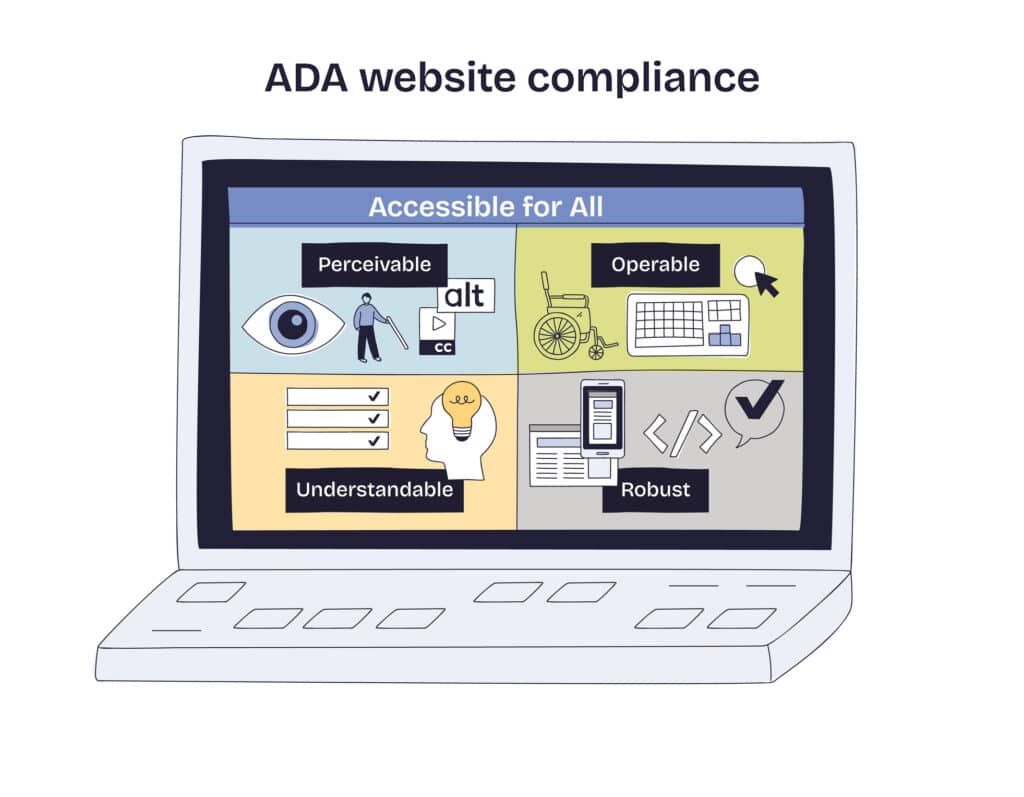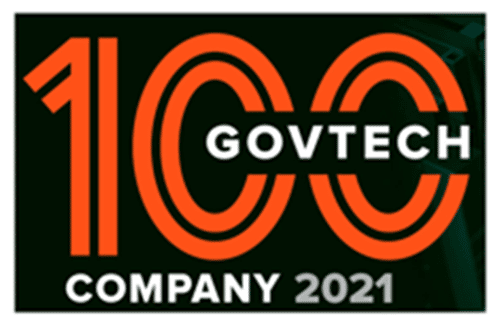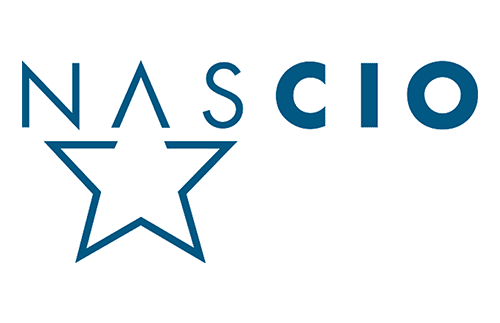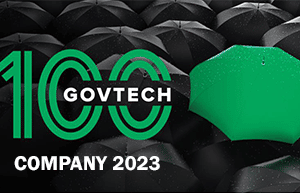How much time and frustration could workflow automation save us at the national level when it comes to dealing with government forms? There’s at least one telling stat about that.
Brace yourself, though. It’s a jaw-dropper.
Buried in a Harvard Business Review article (about how advances in technology and disclosure will help consumers sort through the deluge of digital information they’re confronted with) was this single, mind-boggling data point:
Better disclosure and the accompanying growth of choice engines offer the prospect of revolutionizing the way governments interact with citizens and businesses. According to estimates by the Office of Management and Budget, the U.S. government requires individuals and companies to spend about nine billion hours (that’s about 38 hours per adult) filling out paperwork each year.
There are big benefits at the individual organizational level for agencies and operations that employ government workflow automation. But when you see a stat like this, you get a picture of the consequences of waste and inefficiency at the macro level – and it’s not a pretty one.
It’s also just the tip of the iceberg. If this represents just the amount of time being spent filling out paper forms, consider all the waste going on behind that in terms of routing errors, lost forms, or just the delays involved in even relatively smooth, mistake-free manual, paper-based processes within government agencies.
We’d hate to consider what multiple of nine billion hours that might add up to.
Fixing this particular problem goes beyond workflow automation, obviously. Streamlining how citizens engage with government involves a raft of considerations.
But if government workflow automation can cut the time involved in a particular process to a tenth or even a twentieth of the time, as we’ve seen demonstrated in some workflows, it’s incumbent on agencies to explore adopting automation solutions ASAP. That’s just about being responsible to their constituencies.
If not, the politicos in charge may find they’re not incumbents very much longer.




